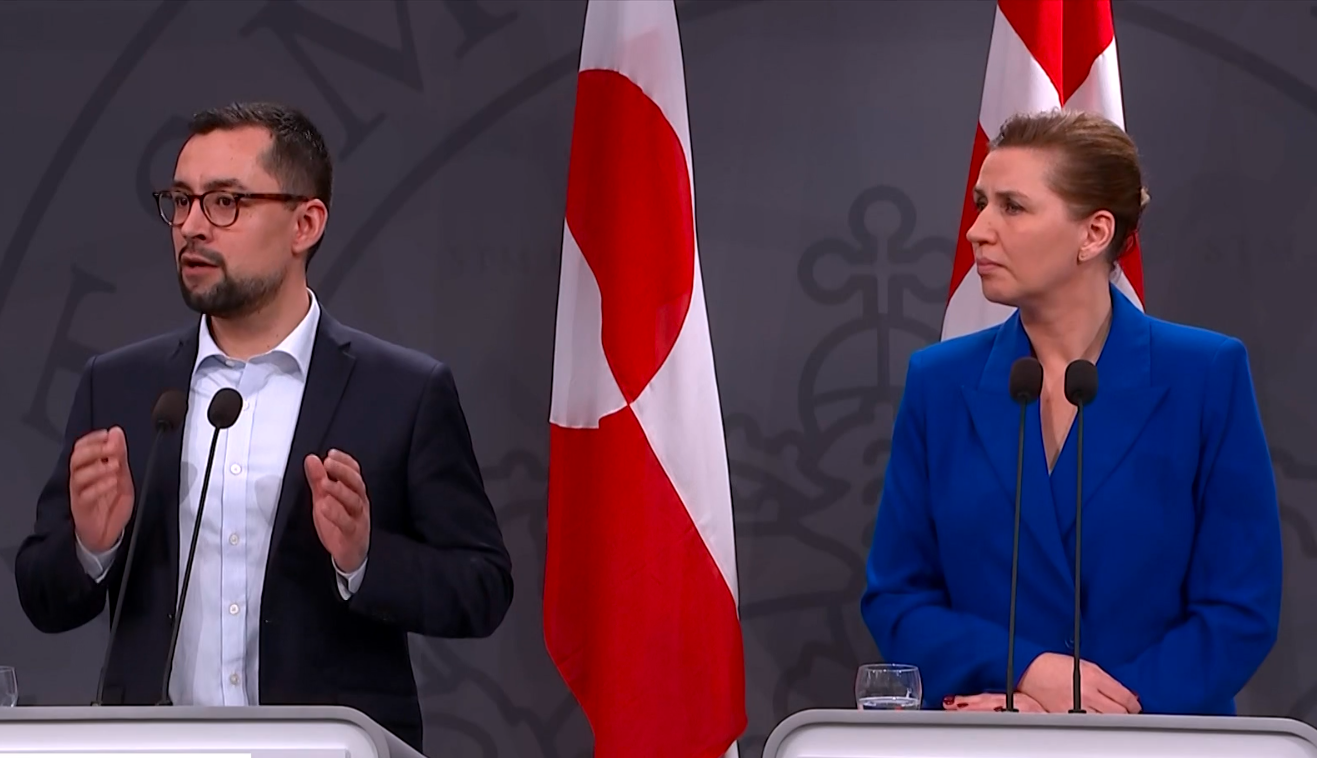EU ministers in Brussels agreed to impose tougher sanctions against the Syrian regime on Monday, though foreign minister Villy Søvndal said those measures will stop well short of military intervention to help bring the ongoing conflict to an end.
”I didn’t hear one foreign minister discuss the use of military forces in this conflict at the meeting,” Søvndal said after the meeting . “The conflict has no quick fix.”
Saudi Arabia and Qatar have both called for arming rebel forces in the country to aid them in their fight against government troops in the western city of Homs.
Reports indicate that at least 144 people were killed in the region Monday, with accusations that Syrian president Bashar al-Assad is attacking civilians in order to wipe out opposition. According to figures from the opposition network, about 9,000 people have been killed since fighting started last March, while the Syrian government has stated that over 2,000 members of its security forces have also been killed.
Russia and China have both vetoed motions in the UN Security Council calling for intervention, with Russia making explicit warnings to Western powers against either sending in foreign troops or arming opposition rebels.
The US secretary of state, Hillary Clinton, has also warned that a military intervention would accelerate a full blown civil war in the country. Other experts have warned that arming rebels would be risky considering the presence of dangerous armed groups, such as Hamas and al-Qaeda, which are thought to be operating in the country.
Søvndal also turned down support for a ‘humanitarian corridor’, which would allow aid into the country and the wounded a route out.
“That would require military control from the air and the deployment of ground troops by the countries involved in order to battle their way toward places such as Homs.”
The new set of EU sanctions are intended to hit the Syrian central bank, the Syrian trade of precious metals as well as preventing Syrian transport planes from landing at all European airports.
These measures add to the oil and weapons embargo, financial sanctions, the freezing of government assets and creation of a no-fly list imposed in the first set of sanctions.
"Today's decisions will put further pressure on those who are responsible for the ruthless campaign of repression in Syria," Catherine Ashton, the EU foreign policy chief, said in a statement. "The measures target the regime and its ability to conduct the appalling violence against civilians. As long as the repression continues, the EU will keep imposing sanctions."
Last Friday, representatives of 60 countries, including all 27 EU member states, met in Tunisia to discuss ways of finding political solution to Syria's conflict.












